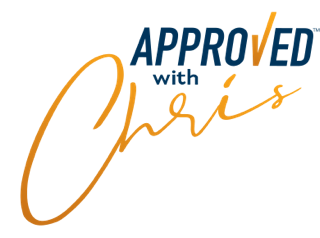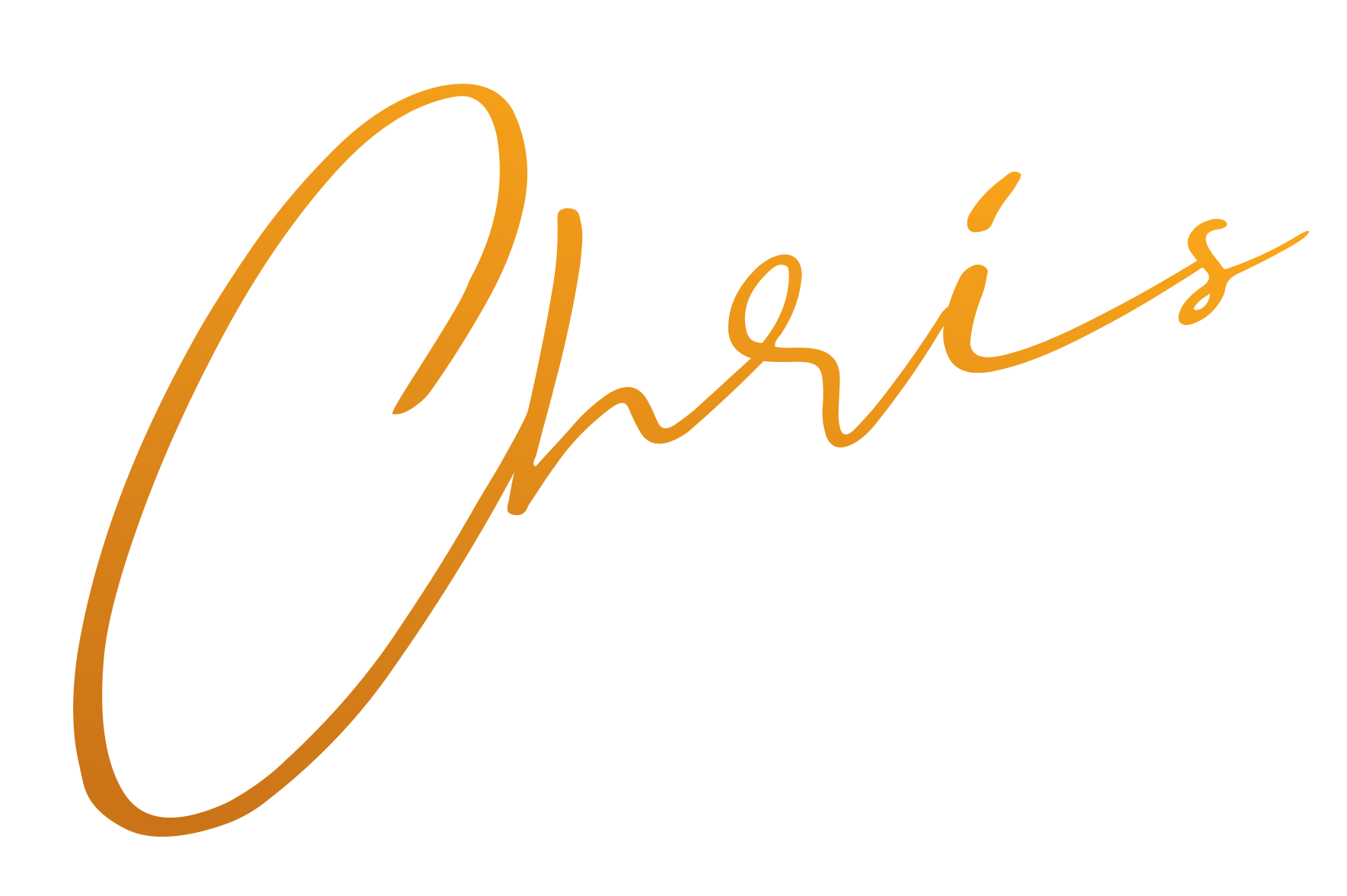Benefits of Working with an Independent Mortgage Professional
If you need a mortgage, working with an independent mortgage professional will save you money and provide you with better options than dealing with a single financial institution. And if that is the only sentence you read in this entire article, you already know all you need to know.
However, if you’d like to dig a little deeper, here are some reasons that outline why working with an independent mortgage professional is in your best interest.
The best mortgage is the one that costs you the least over the long term. An independent mortgage professional can help you achieve this.
Mortgages aren’t created equally. Oftentimes slick marketing leads us to believe the lowest “sticker price” is the best value. So when it comes to mortgage financing, you might assume the mortgage with the lowest rate is the best option. This isn’t always the case.
When considering a mortgage, your goal should be to find the mortgage that will cost you the least amount of money over the total length of the mortgage. There are many factors to consider, such as your specific financial situation, the rate, initial term length, fixed or variable rate structure, amortization, and the penalties incurred should you need to break your mortgage early; the fine print matters.
An independent mortgage professional can walk through all these factors with you and will help you find the mortgage that best suits your needs. Sometimes taking a mortgage with a slightly higher rate can make sense if it gives you flexibility down the line or helps you avoid huge payout penalties.
Working the numbers with an independent mortgage professional will save you money in the long run instead of just going with what a single lender is offering.
Save time by letting an independent mortgage professional find the best mortgage product for you.
Let's face it, getting a mortgage can be challenging enough on its own. Everyone’s financial situation is a little different and making sense of lender guidelines is a full-time job in itself.
So instead of dealing with multiple lending institutions on your own, when you work with an independent mortgage professional, you submit a single mortgage application that is compared to the lending guidelines of various mortgage lenders. This will save you time as you don’t have to go from bank to bank to ensure you’re getting the best mortgage.
Simply put, an independent mortgage professional works for you and has your best interest in mind, while a bank specialist works for the bank and has the bank's best interest in mind.
It’s no secret that Canadian banks make a lot of money. It seems every quarter they turn billions of dollars in profit (despite the economic environment). They do this at the expense of their customers by charging as much interest as they can and structuring mortgages to their benefit.
It’s all about the alignment of interest. Bank employees work for the bank; the bank pays them to make money for the bank. In contrast, independent mortgage professionals are provincially licensed to work for their clients and are paid a standardized placement or finder’s fee for matching borrowers with lenders. When you work with a single bank, you only have access to the products of that bank. When you work with an independent mortgage professional, you have access to all of the lenders that mortgage professionals have relationships with and all their products.
Working with an independent mortgage professional will save you money, time, and provide you with better mortgage options. Plus, you have the added benefit of working with a licensed professional looking out for your best interest, providing you with the best possible advice.
If you’d like to know more or to discuss mortgage financing, please connect anytime; it would be a pleasure to work with you.







